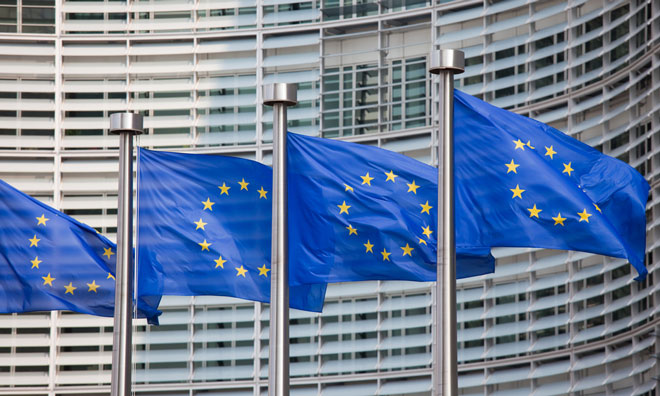An argument against the approval of CETA by the EU Parliament
- Like
- Digg
- Del
- Tumblr
- VKontakte
- Buffer
- Love This
- Odnoklassniki
- Meneame
- Blogger
- Amazon
- Yahoo Mail
- Gmail
- AOL
- Newsvine
- HackerNews
- Evernote
- MySpace
- Mail.ru
- Viadeo
- Line
- Comments
- Yummly
- SMS
- Viber
- Telegram
- Subscribe
- Skype
- Facebook Messenger
- Kakao
- LiveJournal
- Yammer
- Edgar
- Fintel
- Mix
- Instapaper
- Copy Link
Posted: 15 February 2017 | Slow Food International | No comments yet
The Comprehensive Economic and Trade Agreement (CETA) between the EU and Canada has been approved by the European Parliament today, despite opposition from the public….


The Comprehensive Economic and Trade Agreement (CETA) between the EU and Canada has been approved by the European Parliament today, despite opposition from the public.
The EU parliament vote goes against a broad civil society coalition that called for a rejection of the deal in both Europe and Canada. The mobilization against CETA has been one of the strongest European democracy movements ever seen, including the voices of 3.5 million people from all over Europe who have signed a petition against CETA and its twin agreement, the EU-US Transatlantic Trade and Investment Partnership (TTIP).
Carlo Petrini, Slow Food President, said:
“International free trade agreements are pointless if they fail to raise (environmental and social) production standards to protect the interests of the small producers. This isn’t the case with CETA and it wasn’t the case with TTIP or TPP either.
Nor will it be the case with other similar treaties in the future. Signing them means waiving the regulatory and policy function that should be the prerogative of governments, thereby privatising the decision-making processes too. To get a clearer idea of what’s involved: in Europe today there are about 1,300 food products with geographical indication, 2,800 wines and 330 spirits. As it is framed today, CETA would protect 173 of them.”
José Bové, Member of the European Parliament, went further:
“The Free-Trade Agreement with Canada will have a very hard impact on European and Canadian peasants, particularly in difficult rural areas such as mountain regions. I am afraid that some quality food products will be heavily penalized by a false protection of PDOs.
Large companies and multinationals are the winners of this deal today. This vote is a failure, but the battle continues because CETA must now be ratified by the 28 member states. The struggle at the European level must be multiplied in each individual country.
I am convinced that halting all bilateral negotiations and reviving multilateral negotiations that take social and environmental rights into account, especially on the issue of the climate, is extremely urgent.”
Slow Food calls on all EU member states to consult civil society and listen to the voices of all those whose livelihoods would be threatened, and take into account the threat to our democracy itself. It is unacceptable for democratically-elected governments to sign away their powers in favor of free trade agreements which reduce the rights and protections afforded to us both as citizens and as workers. People before profit.
The battleground now shifts to civil society within each European Union member state.









